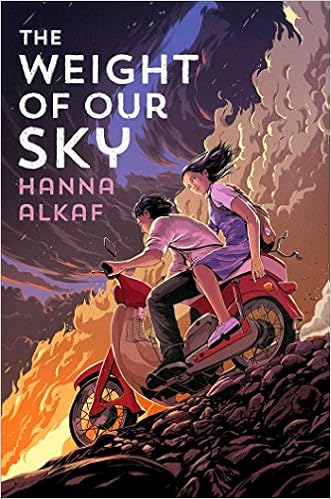I just finished reading M. Evan Wolkenstein's Turtle Boy and I really, really liked it. No major details, just wanted to say that it got me thinking about middle grade books and punk music.
In Turtle Boy, Will gets paired up with a terminal patient a few years older than him as a pre-Bar Mitzvah community service project. The older boy, RJ, is a drummer, and he and Will start to bond when RJ starts teaching Will how to drum. Eventually, RJ sends Will to a punk show and gives him a playlist of music to listen to (after Will admits that he doesn't really listen to music and RJ is, rightfully, appalled).
Turtle Boy reminded me a lot of Rob Harrell's Wink, another absolutely endearing middle grade novel. Both are about 7th grade boys dealing with an unusual medical issue (Will needs reconstructive surgery on his jaw, Ross has cancer in his eye), both boys lost a parent at a young age, and both cope, in part, by falling in love with loud music (which they learn to play and then perform at talent shows). Both books also made me want to listen to loud punk music - in Turtle Boy, there are lots of references to The Clash, and in Wink, Ross ultimately winds up performing a Ramones song (if I'm remembering correctly). Loud music, especially punk, seems like exactly the right catharsis for the feelings Will and Ross are dealing with - fear, anger, humiliation - and I love that they both channel those feelings into playing.
And since I'm talking about middle grade books and punk music, a word for Celia C. Perez's The First Rule of Punk, a truly great story with a really disappointing cover (I do really like Malú's Blondie t-shirt, though). It's been a few years since I read this one, but I was surprised by how much I enjoyed it and, much like Turtle Boy and Wink, I loved that it dug into one of my favorite genres of music. I can only hope that these books will make kids curious about punk the way that Please Kill Me did for me. I'm also curious now about any other middle grade books that dig into punk - I love pulling together these kinds of collections (and I'm also thinking some kind of display about books and music would be really fun...something to keep in mind as the new school year looms).
Not, I think, my best bit of writing, but wanted to start putting my little punk collective together while the thought was still fresh in my mind.






